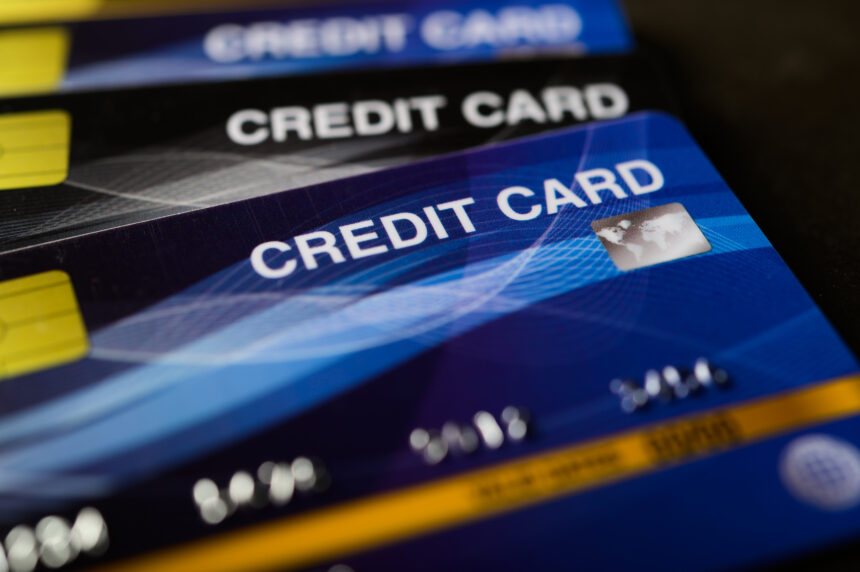Credit cards have become an integral part of our financial lives, offering convenience and flexibility when it comes to making purchases. However, if not managed responsibly, credit card debt can quickly accumulate and become overwhelming. The good news is that there are effective strategies you can employ to pay off your credit card balances and regain control of your financial situation. In this article, we will explore some proven methods for managing credit card debt and provide you with practical steps to tackle your outstanding balances.
- Assess your current financial situation: The first step in managing credit card debt is to take stock of your financial standing. Determine the total amount of debt you owe across all your credit cards, including interest rates and minimum monthly payments. This will give you a clear understanding of the extent of your debt and help you plan your repayment strategy accordingly.
- Create a budget: Establishing a budget is essential for effective debt management. Evaluate your income and expenses, and identify areas where you can cut back on non-essential spending. By allocating more money towards debt repayment, you can accelerate the process of paying off your credit card balances.
- Prioritize your debts: If you have multiple credit cards with outstanding balances, it’s important to prioritize which debts to tackle first. One approach is to focus on paying off the card with the highest interest rate while making minimum payments on other cards. This strategy saves you money in the long run by reducing the overall interest paid. Another approach is to pay off the card with the lowest balance first, providing a psychological boost and motivation to continue paying off other debts.
- Negotiate with creditors: If you’re struggling to make payments or facing financial hardship, it’s worth reaching out to your creditors to discuss possible options. They may be willing to lower your interest rate, reduce monthly payments, or offer a hardship program. It’s crucial to communicate proactively and honestly with your creditors to find a mutually beneficial solution.
- Consider debt consolidation: If you have multiple credit card debts with high-interest rates, consolidating them into a single loan with a lower interest rate can be advantageous. Debt consolidation allows you to simplify your payments and potentially save money on interest. However, it’s important to carefully review the terms and conditions of any consolidation offer and ensure it aligns with your financial goals.
- Increase your income: If your current income is not sufficient to cover your debt payments, consider finding ways to increase your earnings. You can explore opportunities for part-time work, freelancing, or starting a side business. The additional income can be directly allocated towards paying off your credit card balances, expediting the repayment process.
- Avoid accruing further debt: While paying off your credit card debt, it’s crucial to resist the temptation to accumulate more debt. Adopt responsible spending habits and use your credit cards wisely. Only charge what you can afford to pay off in full each month to avoid incurring new balances and interest charges.
- Seek professional assistance if needed: If you’re struggling to manage your credit card debt on your own, don’t hesitate to seek help from a reputable credit counseling agency. They can provide personalized advice and guidance, negotiate with creditors on your behalf, and help you develop a sustainable debt repayment plan.
Managing credit card debt requires discipline, patience, and a well-thought-out strategy. By assessing your financial situation, creating a budget, prioritizing debts, negotiating with creditors, and exploring consolidation options, you can take proactive steps towards paying off your credit card balances. Remember, responsible financial habits and a commitment to debt repayment will lead you to a debt-free future and greater financial freedom.










